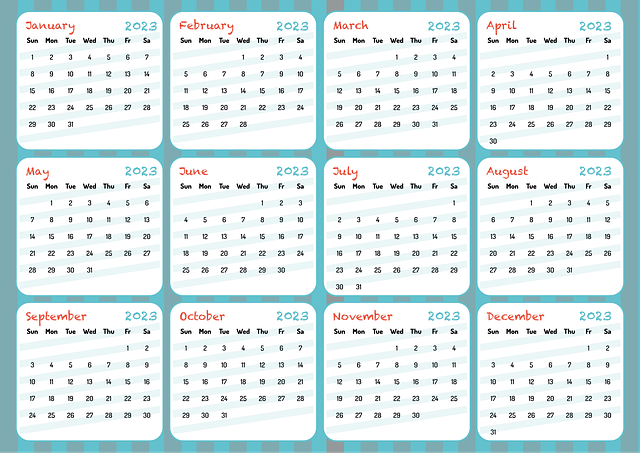Event planning for local businesses focuses on understanding business goals and community dynamics to create impactful events. Meticulous coordination from venue selection to marketing ensures success. Strategies target audience needs, drive engagement, and foster brand loyalty through memorable experiences. Key metrics tracking and impact measurement guide continuous improvement, attracting sponsors, and promoting sustainable growth.
Local businesses thrive on community engagement, and event planning is a powerful tool to foster connections. This comprehensive guide delves into the art of coordinating successful local events, tailored to meet unique business needs. From understanding target audiences to executing seamless strategies, each step ensures memorable experiences. Learn how to measure impact and adapt for future growth. Discover the secrets to crafting engaging events that drive local business success.
- Understanding Local Business Event Needs
- Crafting Successful Event Strategies
- Executing and Measuring Event Impact
Understanding Local Business Event Needs

When it comes to event planning for local businesses, understanding their unique needs is paramount. Each establishment has its own identity and target audience, necessitating a tailored approach. Event planners must assess the goals of the business, whether it’s to increase brand awareness, drive sales, or foster community engagement. By gauging these objectives, planners can create relevant and impactful experiences that resonate with both customers and locals.
The success of local business events hinges on effective coordination. This involves meticulous planning, from selecting an appropriate venue that aligns with the event theme to securing necessary permits and licenses. Moreover, successful events seamlessly integrate marketing strategies, ensuring the right audience attendance. By combining these elements, event planners can deliver memorable experiences that not only meet but exceed the expectations of local businesses.
Crafting Successful Event Strategies

Crafting successful event strategies is an art that requires meticulous planning and a deep understanding of the local community. For local businesses, event planning is more than just organizing a gathering; it’s an opportunity to engage customers, build brand loyalty, and foster a sense of belonging. By aligning events with the unique needs and interests of their target audience, businesses can create memorable experiences that resonate deeply.
Effective strategies start with identifying key objectives—be it driving sales, enhancing community relations, or launching a new product. Once defined, event organizers must choose the right venue, select engaging entertainment, and design promotional campaigns to attract attendees. Utilizing digital marketing tools and local partnerships can significantly amplify reach and impact, ensuring the event’s success and leaving a lasting impression on both participants and the business hosting it.
Executing and Measuring Event Impact

Successful event planning involves more than just creating an engaging experience; it’s about executing and measuring the impact to ensure future events are equally effective. For local businesses, understanding key metrics is crucial in Event Planning for Local Businesses. By tracking attendance, engagement levels, and post-event feedback, organizers gain valuable insights into what resonates with their target audience.
This data allows them to refine event strategies, improve logistics, and tailor offerings to better meet community needs. Measuring impact also helps attract sponsors and partners who value the ability to connect with attendees, ultimately fostering stronger local business relationships and promoting sustainable event growth.
Local businesses can significantly enhance their community presence and drive growth through strategic event planning. By understanding the unique needs of local events, crafting well-defined strategies, and meticulously executing them, businesses can create memorable experiences that resonate with their target audience. Measuring the impact of these events allows for continuous improvement, ensuring each initiative brings greater success than the last in the realm of event planning for local businesses.
